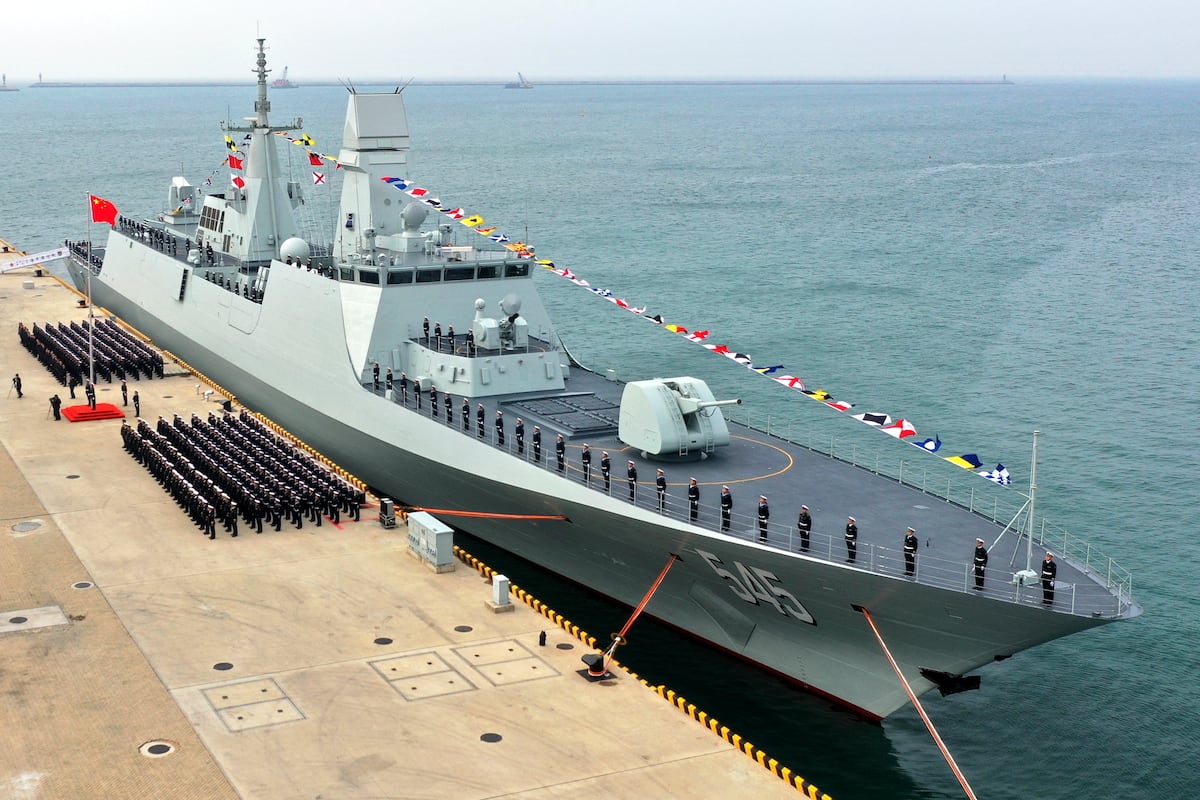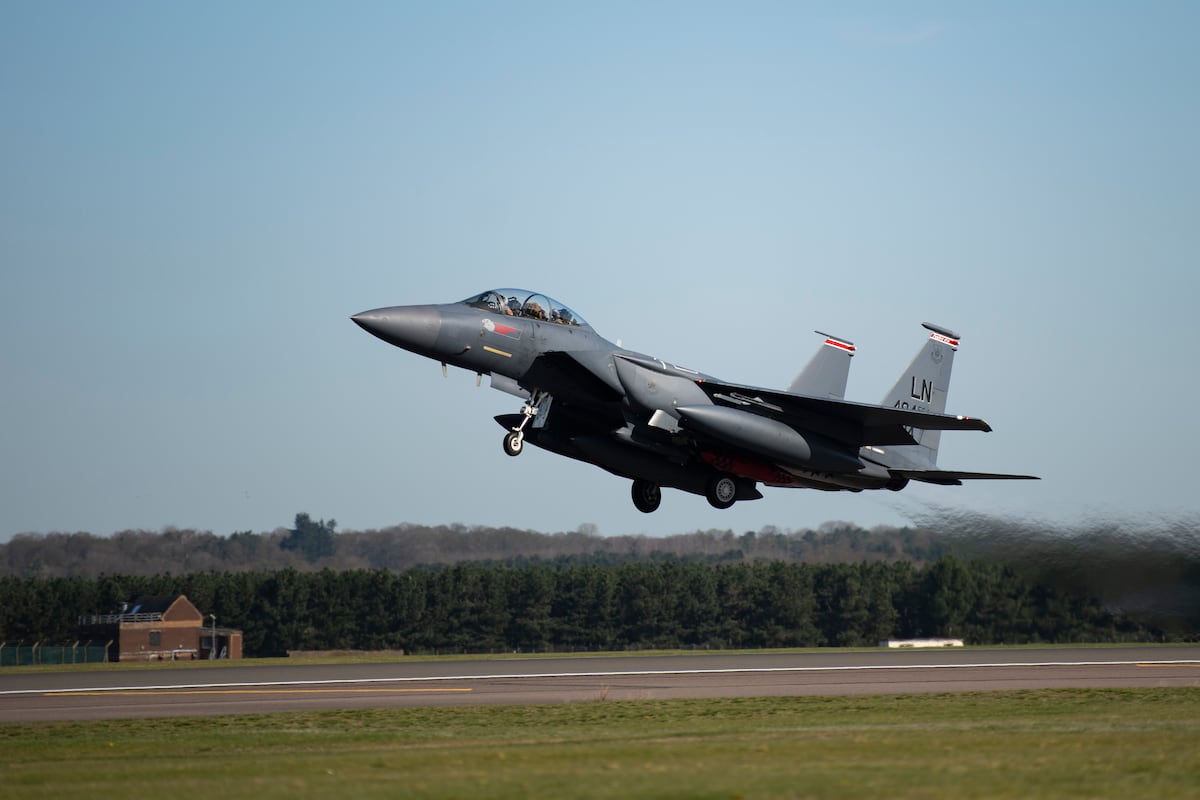Air Force Global Strike Command carried out a test of an unarmed Minuteman III intercontinental ballistic missile late Tuesday night.
The ICBM, which was equipped with multiple targeted reentry vehicles, launched from Vandenberg Space Force Base in California at about 11 p.m. Pacific time. It then flew about 4,200 miles, at roughly 15,000 miles per hour, to a ballistic missile test site in the Marshall Islands’ Kwajalein Atoll.
Sensors at that facility, the Ronald Reagan Ballistic Missile Defense Test Site, collected radar, optical and telemetry data in the missile’s terminal phase to evaluate how well it performed.
Airmen from the 625th Strategic Operations Squadron from Offutt Air Force Base in Nevada launched the missile using an airborne launch control system aboard a Navy E-6B Mercury aircraft. The missile was selected at random from missiles based at Minot Air Force Base in North Dakota, transported more than 1,300 miles to Vandenberg and then reassembled for the test launch.
“These tests are demonstrative of what striker airmen bring to the fight if called by the president,” Global Strike Commander Gen. Thomas Bussiere said. “An airborne launch validates the survivability of our ICBMs, which serve as the strategic backstop of our nation’s defense and defense of allies and partners.”
The Air Force said these tests, which have been carried out more than 300 times, are routinely done to show the U.S. nuclear deterrent is safe, secure, reliable and effective. Tuesday’s test was not motivated by current world events, the Air Force said.
The U.S. has about 400 nuclear-armed Minuteman III missiles based in 450 silos across Wyoming, Montana, North Dakota, Colorado and Nebraska. But those ICBMs are more than 50 years old and nearing the end of their lives. The Air Force is planning to replace the Minuteman III arsenal with the LGM-35A Sentinel in the 2030s. The Sentinel program, however, is beset by rising anticipated future costs and the Air Force is looking for ways to bring the price down.
Stephen Losey is the air warfare reporter for Defense News. He previously covered leadership and personnel issues at Air Force Times, and the Pentagon, special operations and air warfare at Military.com. He has traveled to the Middle East to cover U.S. Air Force operations.
Read the full article here








Leave a Reply